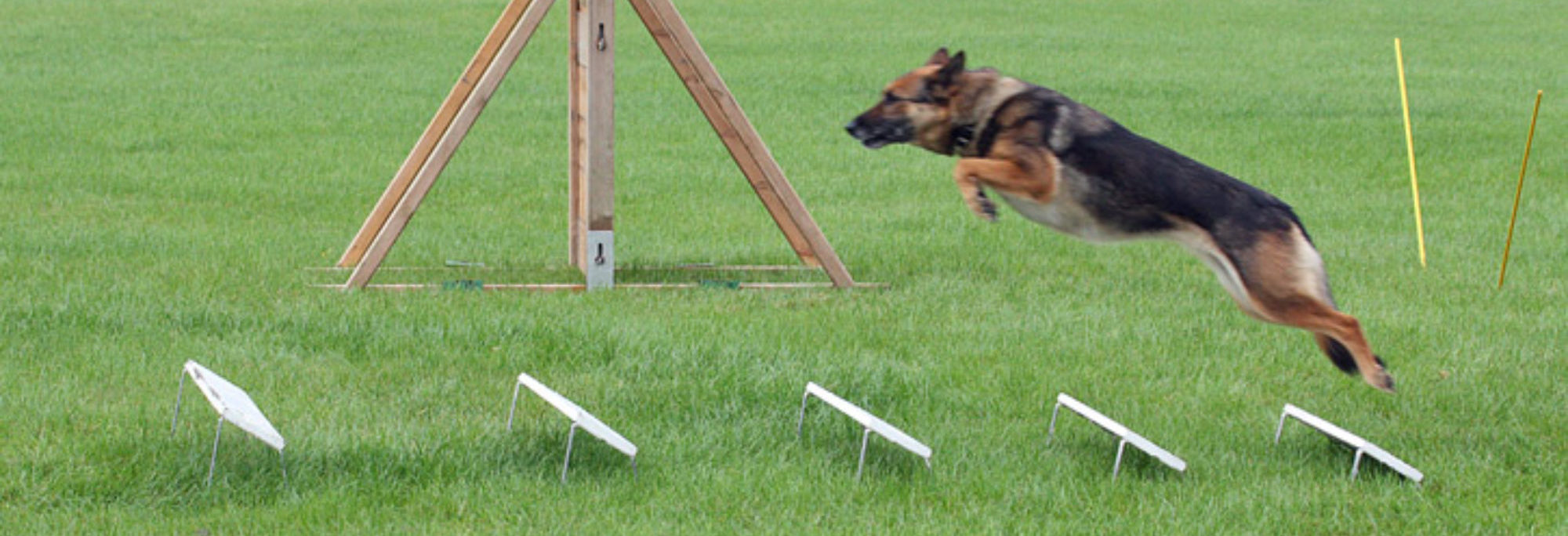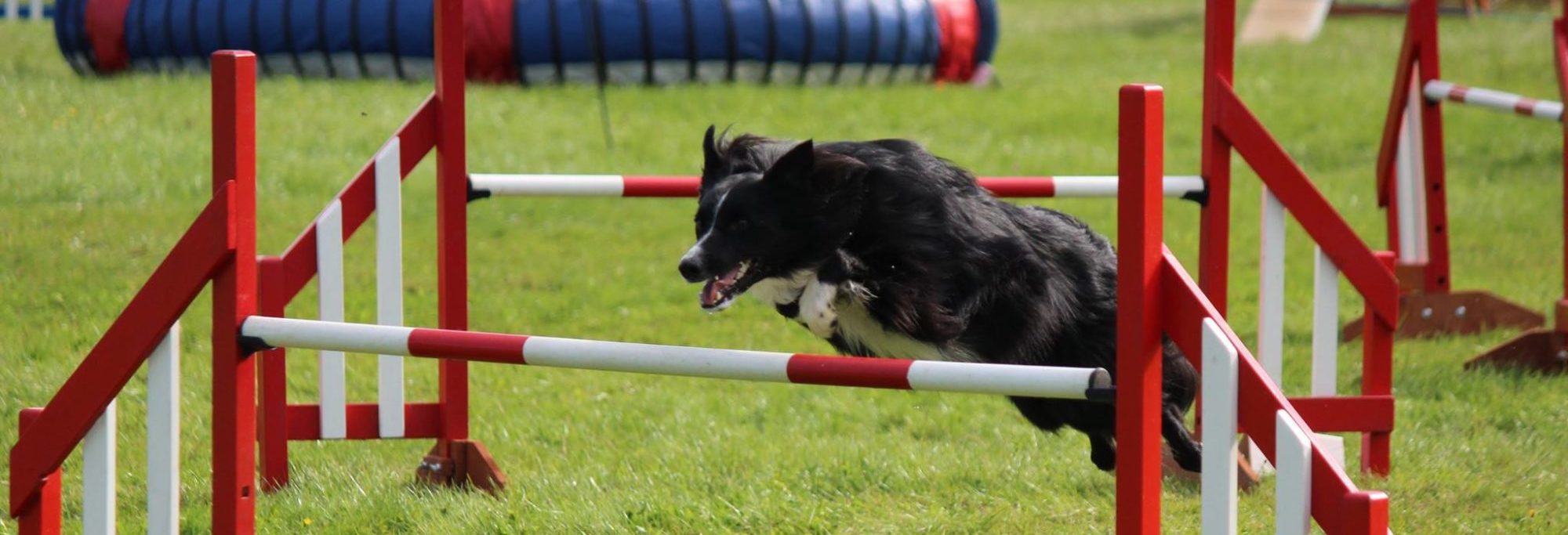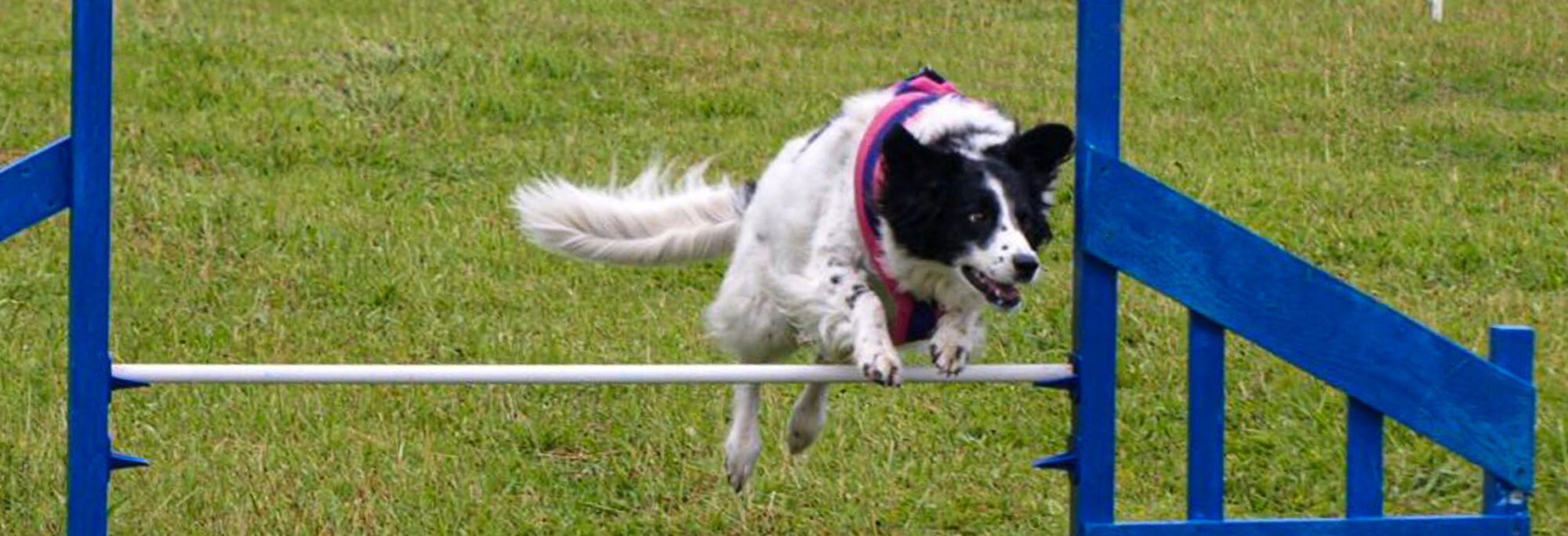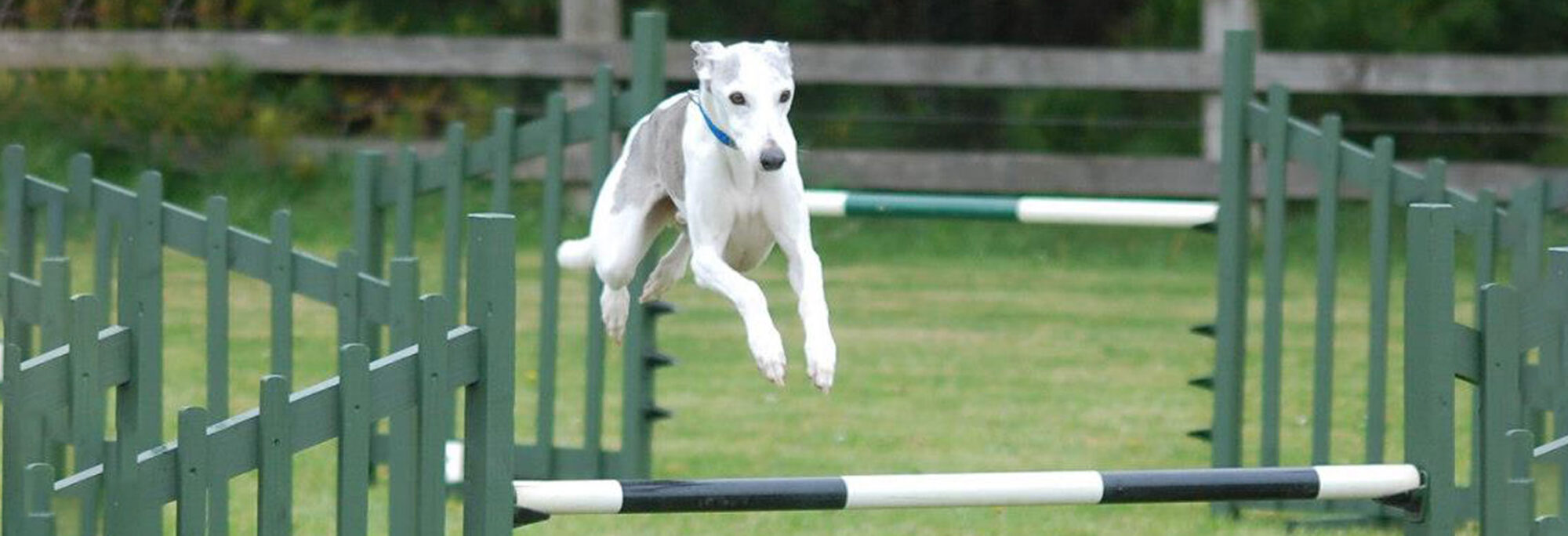It’s not just the working and sporting dogs that can suffer with strains, so do our pet dogs, and these injuries are just painful as it would be for us humans. Dogs like to have fun, but they often don’t understand the consequences of sliding around on slippery flooring, jumping on and off the furniture or in and out of the car. Our dogs can also suffer with orthopedic conditions and pathologies which place tremendous pressure on the musculoskeletal system and sometimes require surgery.
The natural instinct of survival of the fittest means our pets will do their best to hide their problems, as their guardians we have to be observant and watch for signs that could give away the fact our dog may be covering up an injury or painful condition.
- Lameness/Limping
- Stiffness
- Aged overnight
- Lost their zest for life
- Grumpy with other household members, animal & human
- Loss of appetite
- No longer want to go on walks
- Difficulty in getting in or out of the car
- No longer able to get on the sofa or bed
- Twitches/Spasms along the back
- Can’t be groomed or touched in certain area
- Difficulty rising after rest
- Change of posture or tail carriage
Perhaps your pet has had and injury from a previous life event:
- Tripawd
- Retired greyhound
- Rescue
Maybe they have been diagnosed with an orthopedic condition or pathology:
- Spondylosis
- Arthritis
- Hip Dysplasia
- Elbow Dysplasia
- Luxating Patella
- CDRM
- Cruciate damage
- Panosteitis (growing pains, wandering lameness)
- Osteochondrosis (OCD)
Dogs are family….and when family have problems we get them the appropriate help. Massage supports and compliments traditional medicine to provide the best all round treatment for your pet, it is not a replacement for veterinary care and advice. In some states and in the UK veterinary consent is a legal requirement prior to treating any animal.



